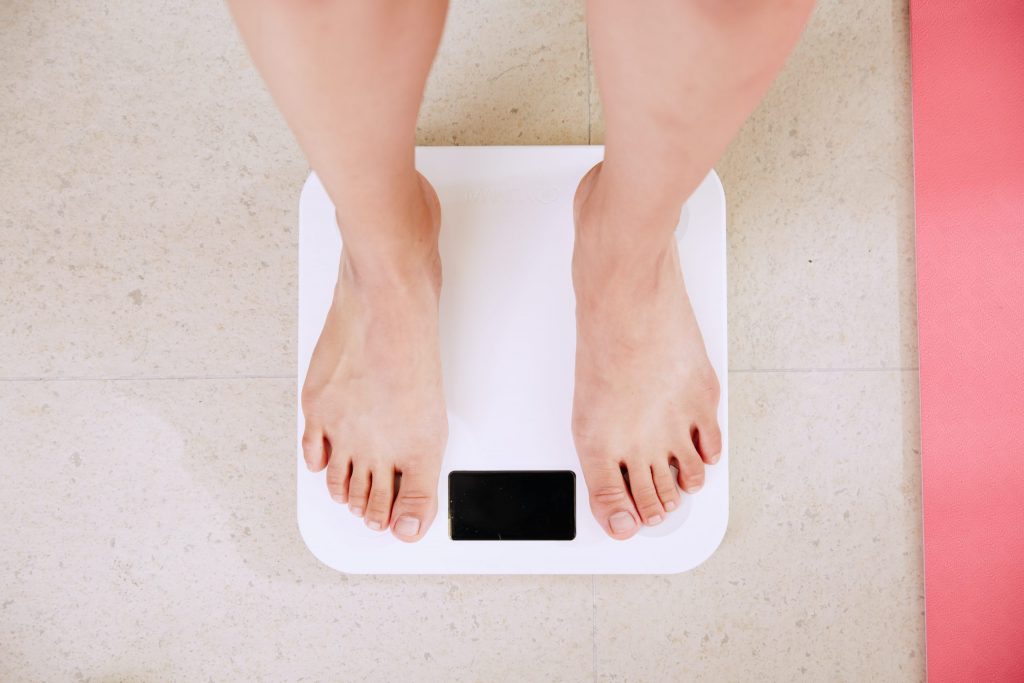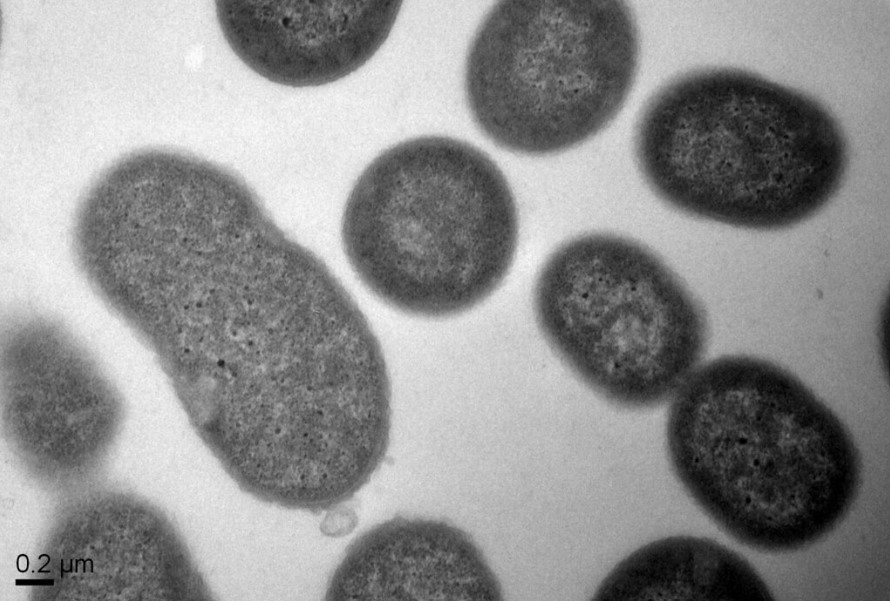How did Elon Musk grow his hair back? 6 Options
If you are currently reading this article, you’ve probably noticed that Elon’s hair has changed quite a lot and looks

Whether you’re starting a weight loss journey or you’re in the middle of one, you’re probably focussed on achieving an end goal — whether that be a number on the scale, the ability to run a marathon, or seeing certain health benefits. However, what you might not hear about as much is what happens to your body after weight loss. Once you’ve reached your goal, what can you expect? Below are four side effects of weight loss that may shape the end of your journey.Loose Skin
Loose or excess skin can be a side effect of weight loss, especially for those who have gone through significant weight loss, either due to surgery or as a potential side effect of certain treatments like chemotherapy. Loose skin can be a serious side effect for those who struggle with body dysmorphia. If this is a concern or side effect that you’re experiencing, there are a few ways that you can tighten loose skin during and after weight loss:
You can tailor your exercise to decrease the appearance of loose skin by focusing on building muscle mass, which can tighten the skin around areas of focus. Moderating your exercise and not pushing yourself too hard too quickly, allowing the skin time to shrink, can also help prevent loose skin during and after weight loss.
Increasing your intake of certain nutrients, like Vitamin C can help improve collagen production in the body, which can improve the skin’s elasticity during weight loss. Before you add multivitamins or supplements to your diet, do some research and talk to your health care professionals to make sure you’re doing right by your body.
Dehydration can cause the skin to tighten and lose elasticity, making it stretch more. The average person should drink around eight glasses of water a day, but if you’re exercising more than usual or recovering from surgery, you could benefit from closer to 10 to 12 glasses a day to replenish lost electrolytes due to sweat or stress.
Depending on the severity of your loose skin, getting cosmetic surgery to remove or reshape it could improve your quality of life. It’s important to note that this is an option with a price tag — the American Society of Plastic Surgeons reported in 2016 that surgeon fees for an abdominal tuck cost an average of $5,798. This number does not include hospital fees, anesthesia or prescription costs, or any post-care requirements. And like all surgery, there is the risk of complications such as infection and scarring. However, if this feels like the right option for you, consult with your doctor to explore any possible risks.
While weight loss generally does not directly cause hair loss or alopecia, it can lead to telogen effluvium, which is a condition that can cause temporary thinning and shedding of hair. Increased stress, both emotional and physical, can also cause a thinning or shedding of hair. In most cases, hair loss associated with weight loss is temporary, but there are steps you can take to help treat it as it arises:
There are several ways to regrow your hair with natural remedies found both over-the-counter or right at home, including scalp massage, essential oils, and drinking more water.
Remedies like hair growth shampoo and hair thickening fibers can help reduce the appearance of hair loss, and are semi-permanent, allowing you the flexibility to stop application whenever you’re happy with your results. You can also use wigs or hairpieces, which are entirely nonpermanent.
Weight loss can lead to a natural decrease in metabolic activity. Because your metabolism doesn’t have to burn as much energy to keep your body moving, you may feel a change in your core temperature. Changes in your metabolism can result in many effects, but a persistent feeling of being cold is common. To manage this, you can try some of the known ways to improve your metabolic health:
Useful for more than just counting calories, tracking what you eat, how much, and when can help you get a big-picture view on your daily nutrition. Eating around the same time every day can help train your metabolism to be more consistent, along with supplementing your diet with plenty of B vitamins — found in bananas, baked potatoes, eggs, peas, lean meats, and whole grains.
High-intensity interval training (HIIT) exercises are categorized by shortened, intense periods of activity followed by short periods of rest. HIIT exercise can help train your metabolism to burn fat instead of carbs for energy, which can cut down on food cravings as well as improve your metabolism health.
Sleep deprivation can impair your ability to metabolize glucose, causing you to produce less insulin, and have less energy to fuel your cells. This can increase feelings of fatigue, lethargy, and can increase the hormone responsible for making you hungry (ghrelin) later in the day. You can improve your REM sleep — which is the deep sleep cycle that your body needs to restore itself — by limiting screen time before bed, refraining from eating after 10 p.m., and keeping a consistent nighttime routine.
One 2013 study conducted by researchers at North Carolina State University found “when one partner in a romantic relationship loses weight, it doesn’t always have a positive effect on the relationship.” The study goes on to state that in their survey of 21 couples where one partner had lost 30 pounds or more, the other partner reported feeling threatened or insecure as a result of their partner’s weight loss. This is why it’s important to communicate why your weight loss journey is significant to you, and how you and your inner circle can support each other during this time of change. Below are a few tips on how to build support in your relationships:
Even if you’re personally experiencing changes, it’s important to take some time to revisit or re-establish the things that brought your relationship together in the first place. Whether there’s a certain type of movie you both enjoy or a place that is special to you, make time for those connections again. It’s important to note that these activities don’t have to be food or body-centric. The presence of effort and compromise on both sides can help preserve or strengthen a relationship.
While your relationships might be changing or experiencing stress, it’s important to keep yourself grounded. Remind yourself that your worth is not inherently connected to you acting, looking or feeling a certain way about yourself. Mindfulness and meditation can be helpful tools for building self-confidence and staying connected with yourself during times of change.
These side effects, and others, are worse in those who focus on rapid weight loss — whether through dangerous fad diets, supplements that aren’t approved by the FDA or prescribed by a medical professional, or self-harm techniques like starving yourself or purging — rather than sustainable weight loss. The promises of rapid weight loss can be alluring, however rapid weight loss techniques can be dangerous to your physical and mental health.
You deserve to feel good about the way you look, and that shouldn’t have to come at the cost of your mental comfort, your relationships, or your budget. With these tips in mind, anyone can achieve sustainable weight loss and manage the less expected side effects in a healthy and fulfilling way.
If you are currently reading this article, you’ve probably noticed that Elon’s hair has changed quite a lot and looks

How Does Swimming Affect Your Body? Individuals swim for a variety of reasons including recreation, competition, and health. Regardless of

Lifestyle Tips For Better Overall Health The way you go about your daily life has a massive and direct impact

How Do Infections Work and What Are Their Effects on the Body? From Hippocrates’s writings about the spread of disease

How To Make a Good Impression in a Job Interview When it comes to getting a job, interviewing may seem